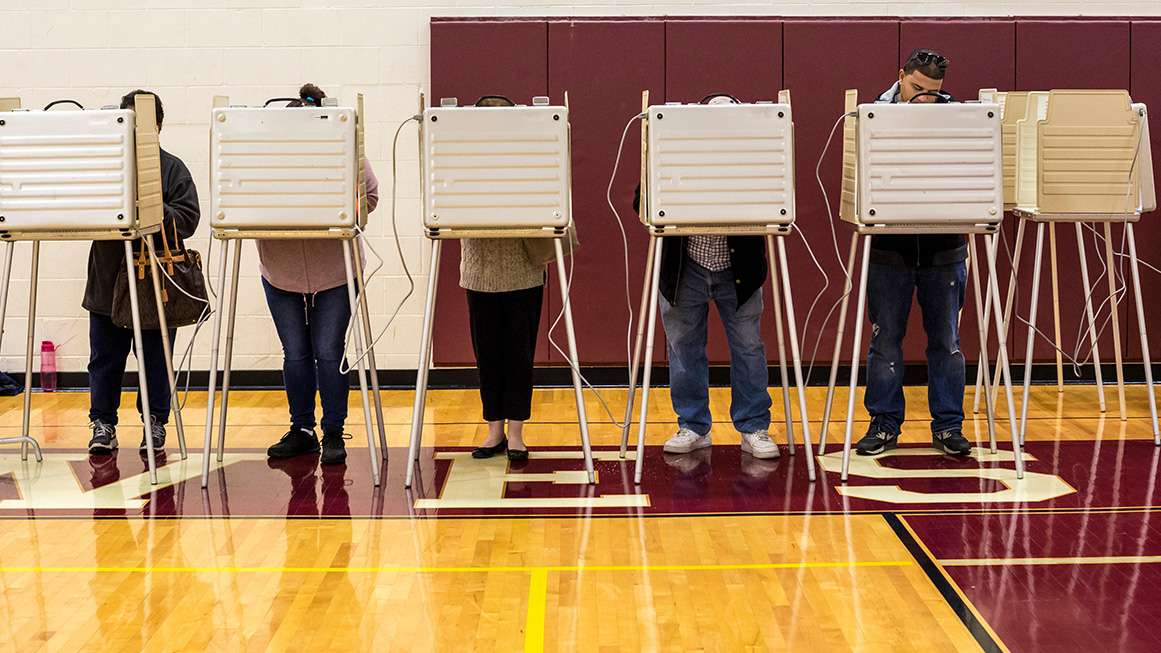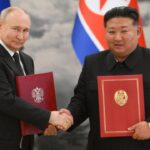The concern that millions of newly arrived undocumented immigrants are influencing federal elections by voting illegally has become a recurring theme in discussions about immigration.
This belief has gained so much traction that earlier this year, House lawmakers passed the Safeguard American Voter Eligibility (SAVE) Act, which urges states to take proactive measures to ensure that only U.S. citizens are registered to vote in federal elections. Senator Thom Tillis (R–N.C.), a co-sponsor of the Senate version of the SAVE Act, emphasized the importance of safeguarding election integrity amidst the influx of illegal immigrants due to President Biden’s border policies.
Despite the fact that it has been illegal for noncitizens to vote in federal elections for a century, there is limited evidence to suggest that a significant number of noncitizens are actually voting in federal elections, let alone enough to sway election outcomes.
Various studies and audits have shown that the number of noncitizens on voter rolls and actually voting is extremely low. For example, a 2017 report by the Brennan Center for Justice found minimal incidents of suspected noncitizen voting in the 2016 general election, representing a tiny fraction of total votes cast. Similarly, the Heritage Foundation, which frequently warns about noncitizen voting, has documented only a small number of cases of illegal noncitizen voting since 2000.
Furthermore, efforts to purge voter rolls of noncitizens have sometimes resulted in the misidentification of eligible voters, including naturalized citizens. States like Florida and Texas have abandoned extensive voter citizenship audits for this reason.
While some argue that undocumented immigrants who break the law by entering the country illegally might also be inclined to vote illegally, the risks and consequences of doing so outweigh any potential benefits. Noncitizens who vote in federal elections face fines, imprisonment, deportation, and jeopardizing their legal status.
Ultimately, the data shows that the impact of noncitizen voting on election outcomes is minimal, and accusations against noncitizens in the aftermath of closely contested elections are often unfounded.
can you please rephrase it?
Source link





